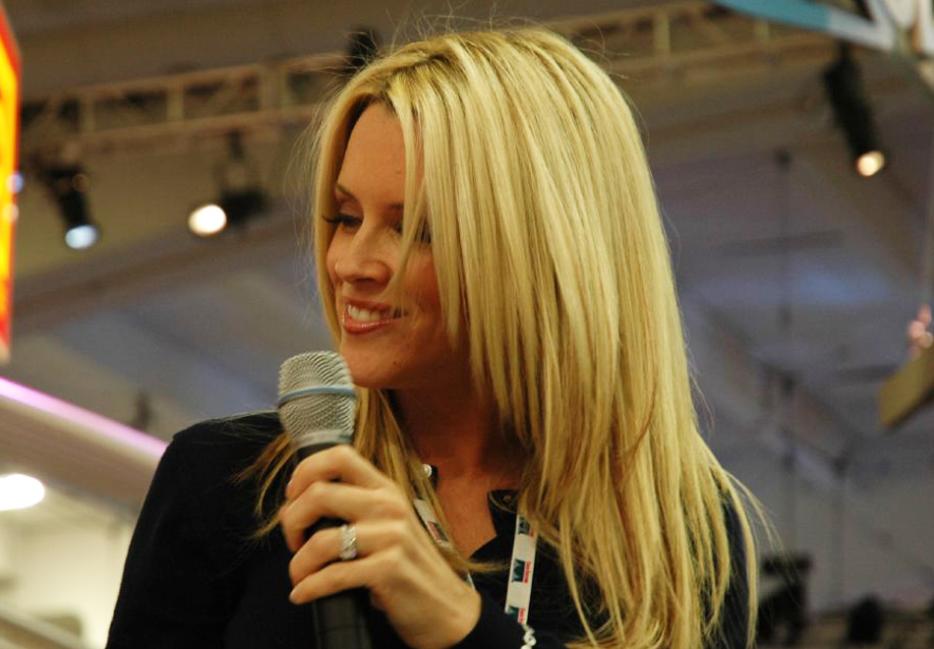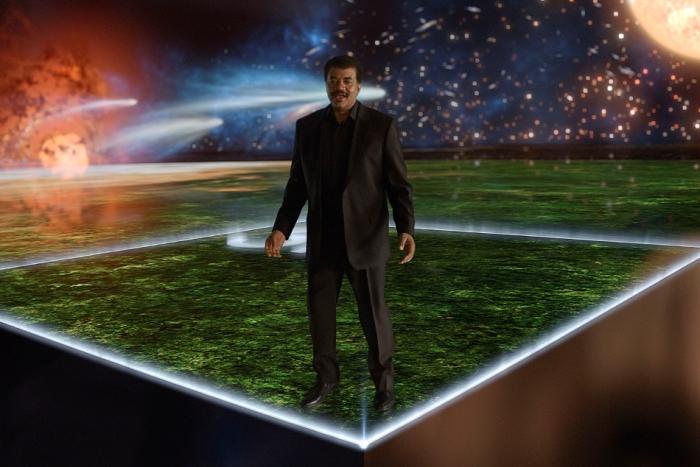Have you heard? Jenny McCarthy says she’s not against vaccinations after all. This, of course, comes as a relief, because otherwise a reasonable person could conclude she’s spent years peddling nonsense at a real human cost, as children die from easily preventable infections that medical science gave us the tools to beat decades ago.
Oh, wait—McCarthy actually does have a long record of peddling nonsense, and there has been a terrible human cost, it’s just that she’s now just being deeply dishonest about her easily verifiable record. If McCarthy hasn’t ever literally said, “Mothers, for the love of all that’s holy, don’t get your kids vaccinated,” she’s done everything but, telling parents the choice is between measles and autism. Sure, the science may not even remotely support that assertion, but who cares?
The forces of reaction—of which McCarthy is a prominent but mercifully dim example—don’t simply come out and oppose something these days. If it were just McCarthy, we might still have a public health problem, but it would be a manageable one. Unfortunately, it’s not just her.
The basic rhetorical tactic—I don’t oppose X, but I have serious concerns Y and Z that I think need to be answered (and if you answer them, I’ll buy more)—is in evidence in so many other major issues of the day that familiarity has bred out the contempt for me. The most obvious example is climate change, where the fossil fuel lobby doesn’t even, for the most part, pretend to question the science behind climate change anymore.
While coal and oil were happy to fund, directly and otherwise, ridiculous ads up until at least 2006, they have long since borrowed the more discreet tactics of the cigarette industry in the 1980s, or Microsoft’s campaign against Linux during the 1990s: create enough fear, uncertainty and doubt over the science in the minds of consumers, and you’ll either stall meaningful action or, at the very least, derail the conversation. Meanwhile, people (who are naturally biased in favour of the status quo) will basically keep doing what they’re doing, whether that’s smoking a pack a day or driving a lumbering SUV. (Naomi Oreskes’ Merchants of Doubt is an excellent history of the connections between Big Smoke and Big Smokestack, and the use of these tactics.)
It’s a global epidemic of concern trolling, in other words, and despite literally decades of evidence it’s not clear our media and politicians have been—pardon the analogy—immunized by either education or exposure. We still love nothing more than to find the “moderate” skeptic of climate change, someone who’s numerate enough to know the news is bad but still thinks Al Gore is a hysteric. And the op-ed with the counter-intuitive pitch is so regularly catnip for editors, it seems to rarely occur to them to ask if it’s not in fact counter-intuitive, but rather, just plain wrong.
We need a new standard for honesty. For someone like McCarthy, who’s useful only to the measles virus, allowing her an op-ed in a large daily newspaper to omit all of the worst parts of her own record is obviously insufficient. But demanding better behaviour from people higher up the ladder of power is a harder job. Maybe columns should come with honesty warnings at the top, akin to Twitter’s spoiler alerts. (Spoiler: he says he supports action to combat climate change, but opposes everything that’s actually proposed!) Or maybe we could have all political debates fact-checked live on air. Imagine the work Rob Ford alone would make for a team of researchers.
Hey, I think I may have just found a way to employ all those journalists we’ve spent a decade laying off.






